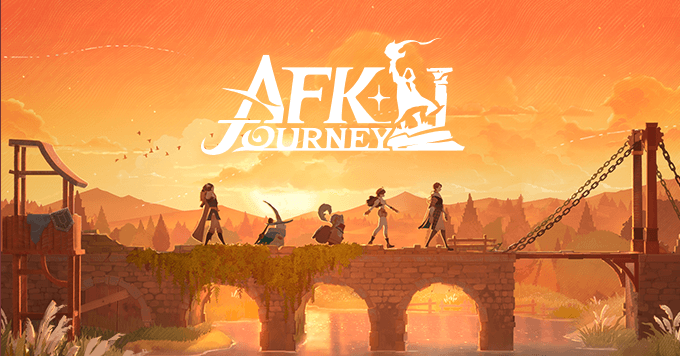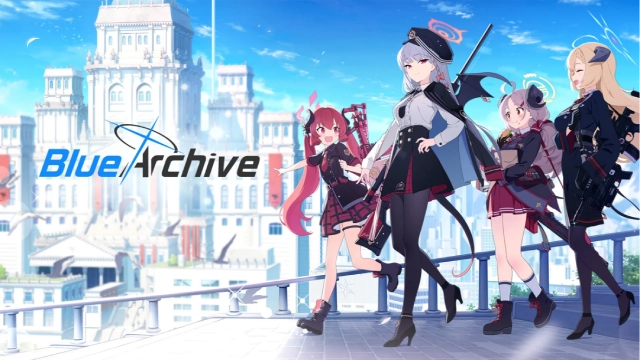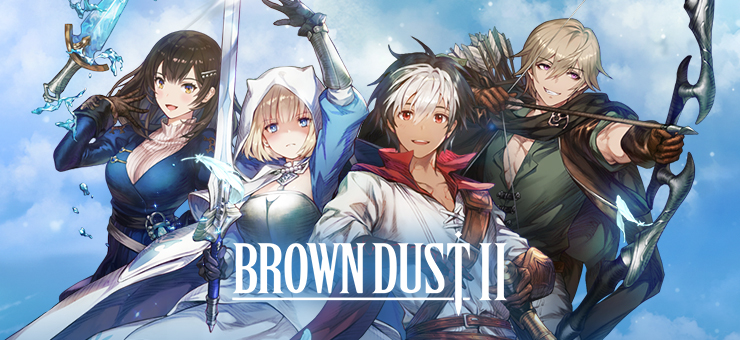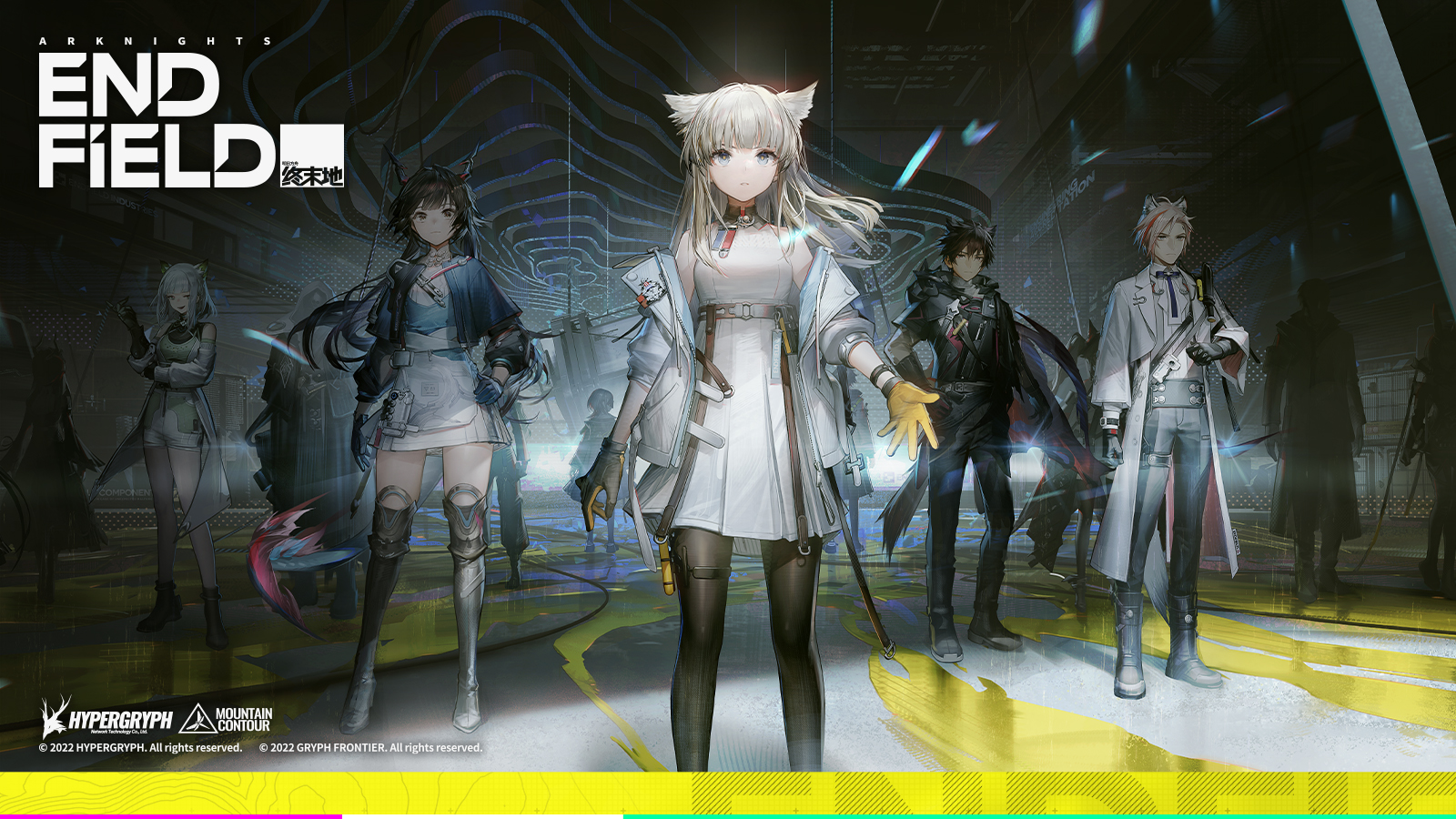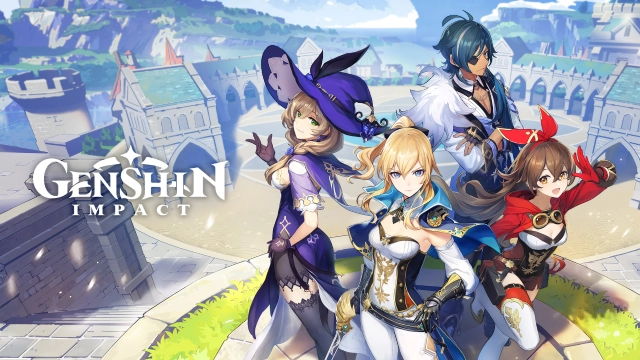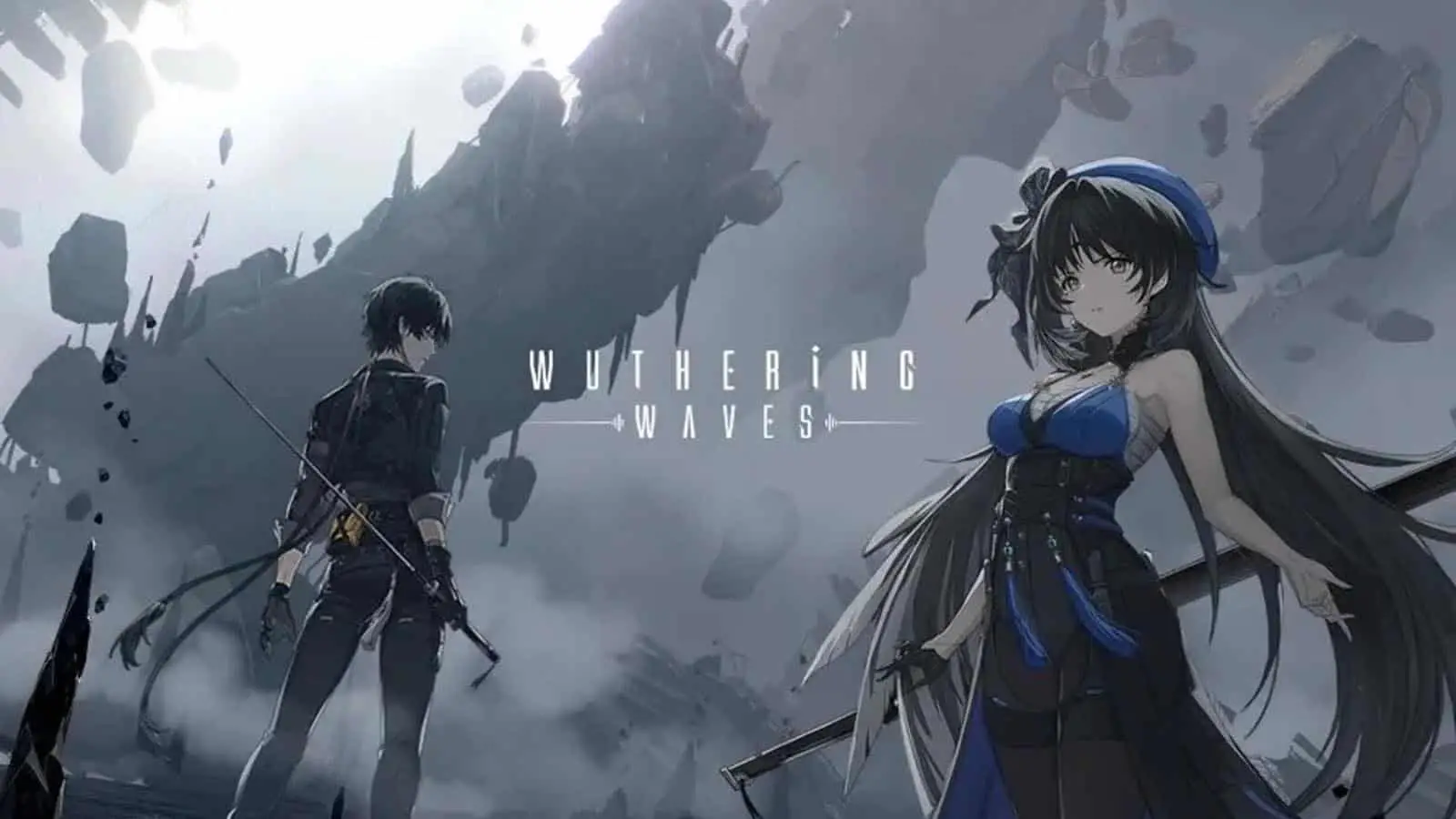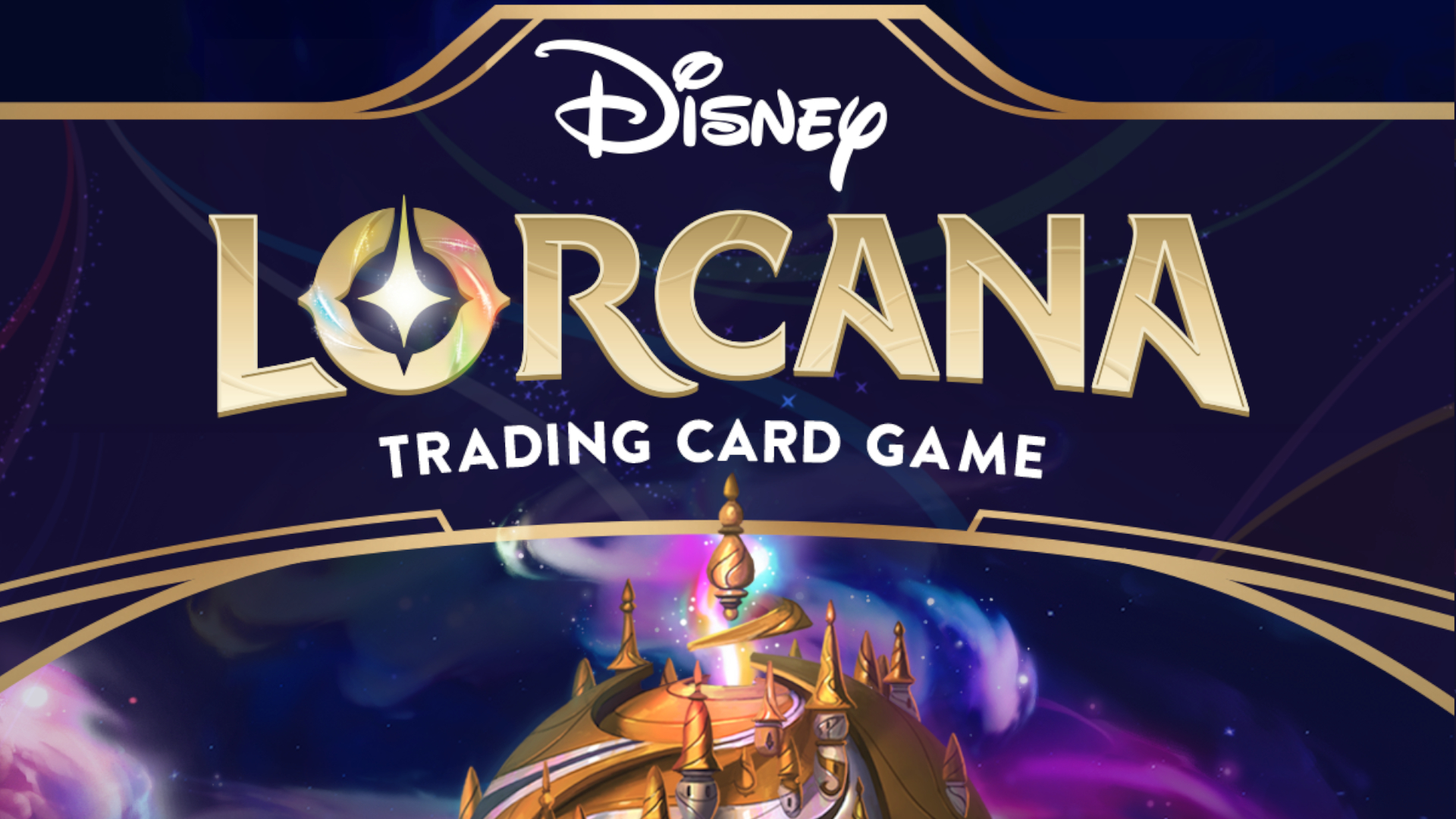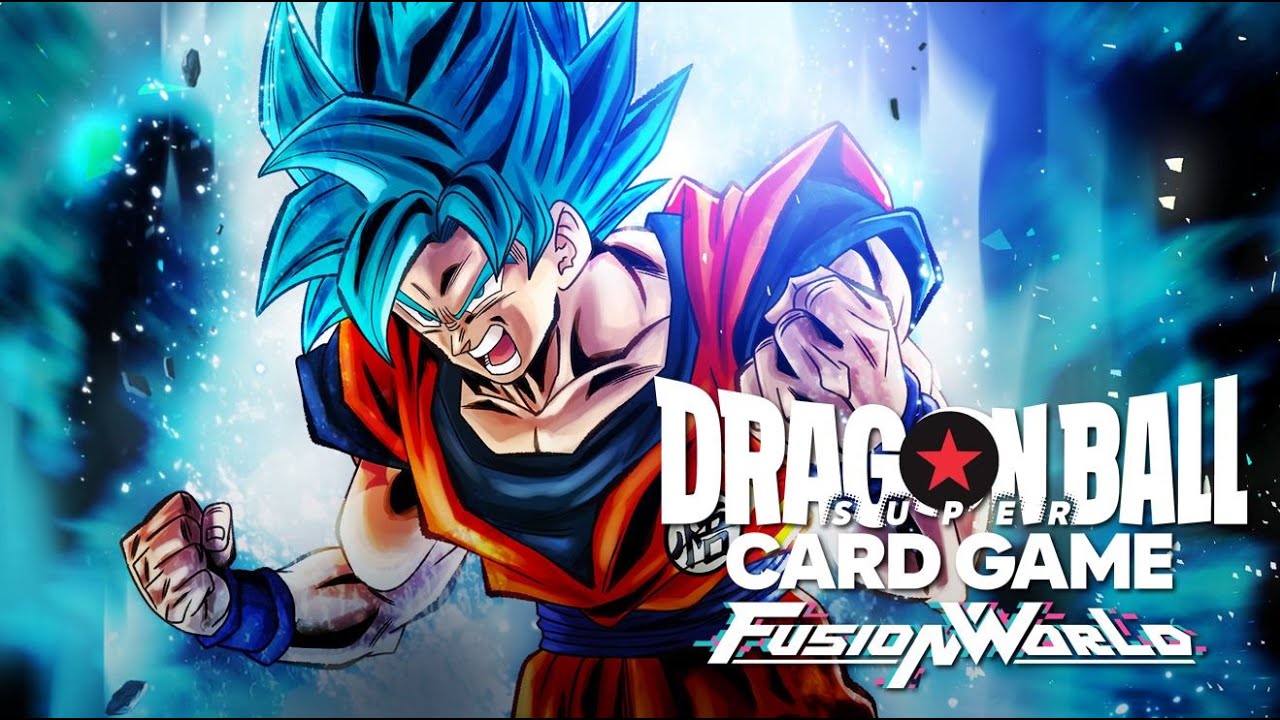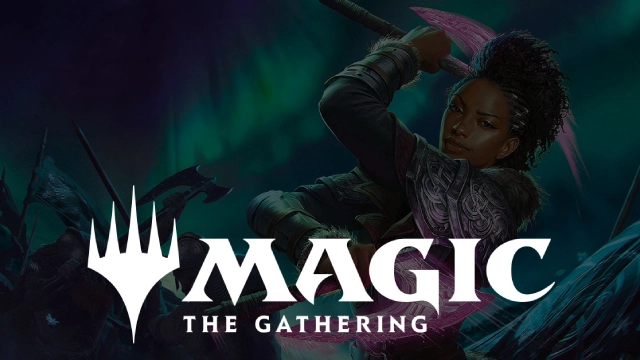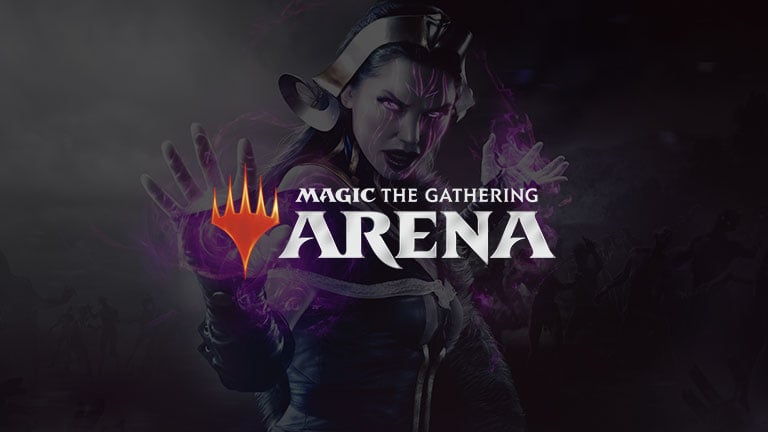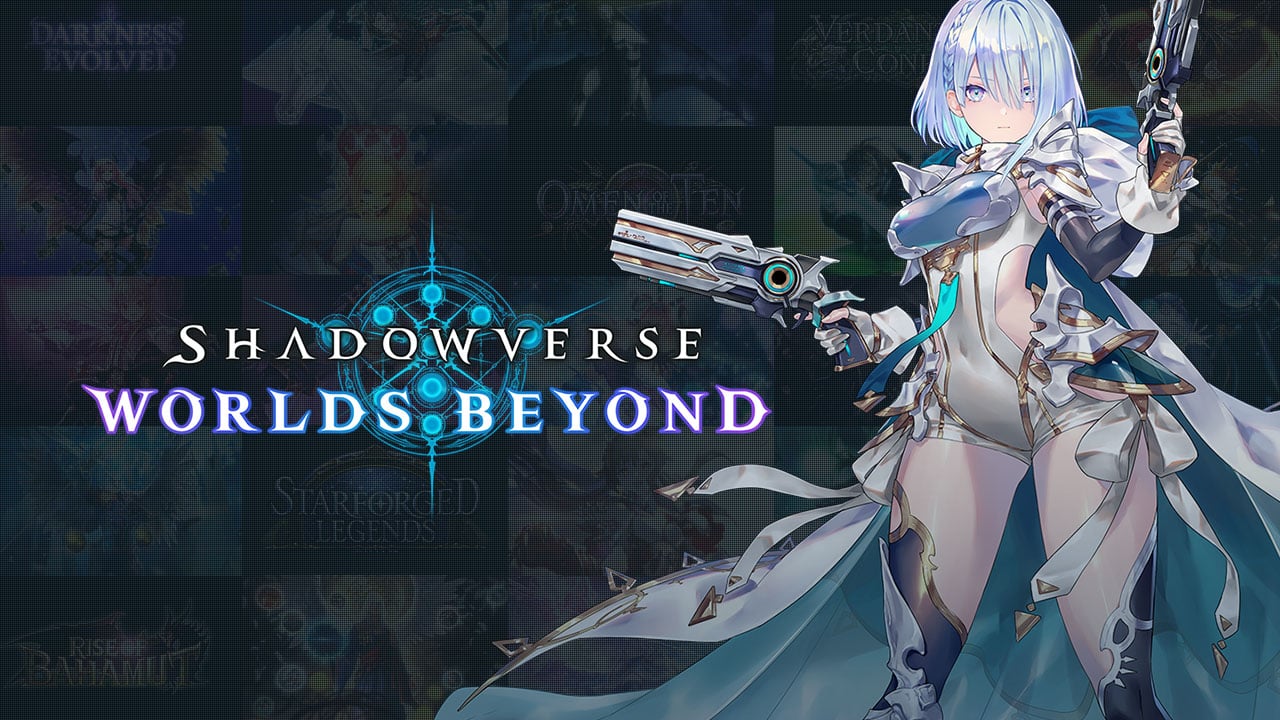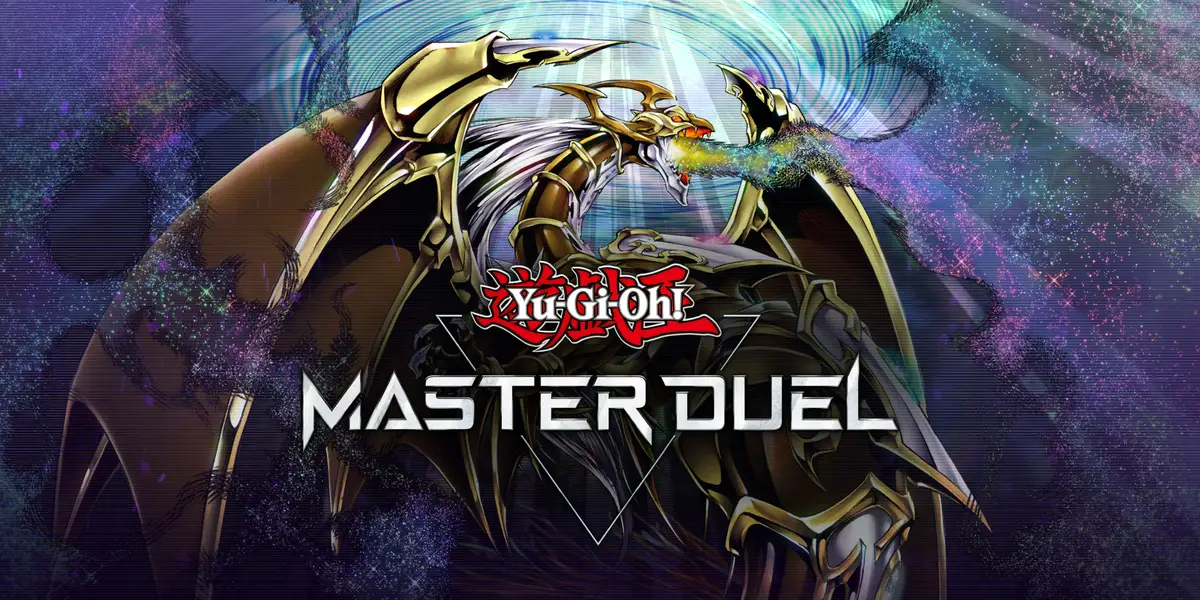Table of Contents

Hello planeswalkers from across the globe! Welcome to our very first episode of “Chance for Glory”, where we try to give life to those cards that have being warming the bench since their creation, waiting on the sidelines for a chance to shine. Those cards that you know could have a possibility, a specific role in competitive play. The ones that you open in a booster pack and think to yourself “Okay not bad, it clearly does something, but what on earth am I going to do with this? I wish I had opened a copy of Teferi instead!”.
Today we take a deep look into the unknown, as we try to build a four-color control deck in Standard, while we wait for M21 to arrive. Paying five mana to draw five cards should never be a bad proposition, right? Well, the problem is that, at that ratio, the spell has to come with a drawback, otherwise it would be just too efficient! And today’s featured card does have one hell of a downside, while also being a clearly powerful tool. Let’s see if we can work around it and give it its glorious moment in the spotlight:
The Card

This Rakdos rare is a very unique card, with great potential: 5 extra cards for just five mana is an amazing deal. However, the fact that our opponent gets to choose and play one out of the six revealed right away is a huge issue. Not only will the other player select the best spell for the situation, but they’ll also get to cast it right away and get ahead on tempo, before we are able to capitalize on our newly-acquired card advantage. The other clear and fairly unique downside the card has is the fact that, if we manage to reveal another copy of “Allure of the Unknown” when we cast it, our opponent will get five extra cards as well! How do we try to mitigate all of these disadvantages? There are three possible routes we can take to work around it:
- Give the opponent irrelevant spells: if we construct our deck in such a way that there are no relevant spells that would hurt our own strategy, it doesn’t really matter which spell we end up giving for free. Playing the control role and letting an opponent cast a wrath or a removal spell free of charge, while we have no permanents that are affected by it, will result in us getting five cards and our opponent essentially nothing!
- Give the opponent spells that give zero value (literally): when an effect lets you cast a card for free, if that spell has an “X” in its converted mana cost, the value of that X has to be “0”. Therefore, if we manage to give our rival only options from among these kinds of cards, it will be as though we are giving them nothing at all! The same result will happen if a counter spell is picked from the cards revealed: there is nothing on the stack for our opponent to counter (since “Allure of the Unknown” is already in the process of resolving!).
- Don’t let the opponent cast anything in the first place: this approach comes with a risk, because it means adding a card to our deck that could represent a problem if it manages to end up in the other side of the table, so we should plan our plays around that possibility. That card is “Teferi, Time Raveler”, you might have seen this card in some decks, it is a useful planeswalker, seeing competitive play from time to time… Why does the 3 mana walker have this effect? Well, let’s take a look at the decklist first!
Decklist
[sd_deck deck=”HHWYpXG44″]
Card Choices
- Teferi, Time Raveler: If we have one of these on the board, our opponent won’t be able to cast anything from a resolved “Allure of the Unknown”, because of its static ability: since the process of casting that card is part of our spell’s resolution, Allure is still on the stack so it’s not considered to be at sorcery speed (check out the site’s guide to priority for more information)! Along with this great synergy, Teferi is a central piece of any control deck, giving you time, card draw and protection, while also allowing us to cast Allure on the opponent’s end of turn.
- “X” Spells: there are many playable cards in Standard with an X in their converted mana cost, especially if we’re trying to reach the late game to make full use of their effect. “Purphoros’s Intervention”, “Erebos’s Intervention”, and “Thassa’s Intervention” can be played early to stabilize, while also becoming more and more valuable as the game goes on. “Stonecoil Serpent” is a useful tool to have since it functions as a blocker in the first turns of the game and represents a way to pressure planeswalkers from the other side of the table, while being a creature we can try to win in the late game. “Finale of Glory” is our finisher; while technically you can play it for just a couple of bears, I’d try to save it for later, since playing one of these at instant speed for 10+ will probably be the main way to close out games in one shot.
- Shatter the Sky / Dovin’s Veto: as with any other control deck in Standard, we need effects like this to carry us to the late game by either controlling early creature rushes or countering key cards from the other side of the table. And as we mentioned before, these are cards we absolutely don’t mind our opponent getting from our Allures at all.
Playing the Deck
We played various matches in Traditional Standard Ranked in Mythic while on stream, and finished with a 50%-win rate overall, which is not so bad of a record for our first “Chance for Glory” brew. “Allure of the Unknown” felt very powerful in many games; even if we were getting 4 lands and a spell out of the deal, it was still clear card advantage, and helped make sure we didn’t miss land drops to maximize the power of our X-spells.
The deck could struggle in the early stages if we get pressured fast and don’t have a wrath effect (since we don’t have ramp to cast 2 spells in a turn sooner and keep up), but the quality of most of our library increases as the game goes on, if we manage to survive.
“Stonecoil Serpent” proved to be a phenomenal tool, letting us pressure opposing Teferis or Narsets that would otherwise be problematic for us, while also being a way to win the game in some matchups, especially post-board where our opponents would have already sided out most of their removal spells. Speaking of closing out matches, “Finale of Glory” worked out pretty well as a finisher, but I felt that maybe two is just too few and we could be playing extra copies of it, since there were many games in which we managed to stabilize but took too long to find our win condition to close the game.
As far as changes you could make to the deck… Well, try and change anything! In fact, I’d love to see your ideas for making this card work! Do you also like creating off-meta decks?
Thank you so much for reading! You can find my Twitch channel here and my social media here, see you guys in the next one!
Premium >
Enjoy our content? Wish to support our work? Join our Premium community, get access to exclusive content, remove all advertisements, and more!
- No ads: Browse the entire website ad-free, both display and video.
- Exclusive Content: Instant access to all exclusive articles only for Premium members, at your fingertips.
- Support: All your contributions get directly reinvested into the website to increase your viewing experience!
- Discord: Join our Discord server, claim your Premium role and gain access to exclusive channels where you can learn in real time!
- Special offer: For a limited time, use coupon code L95WR9JOWV to get 50% off the Annual plan!

